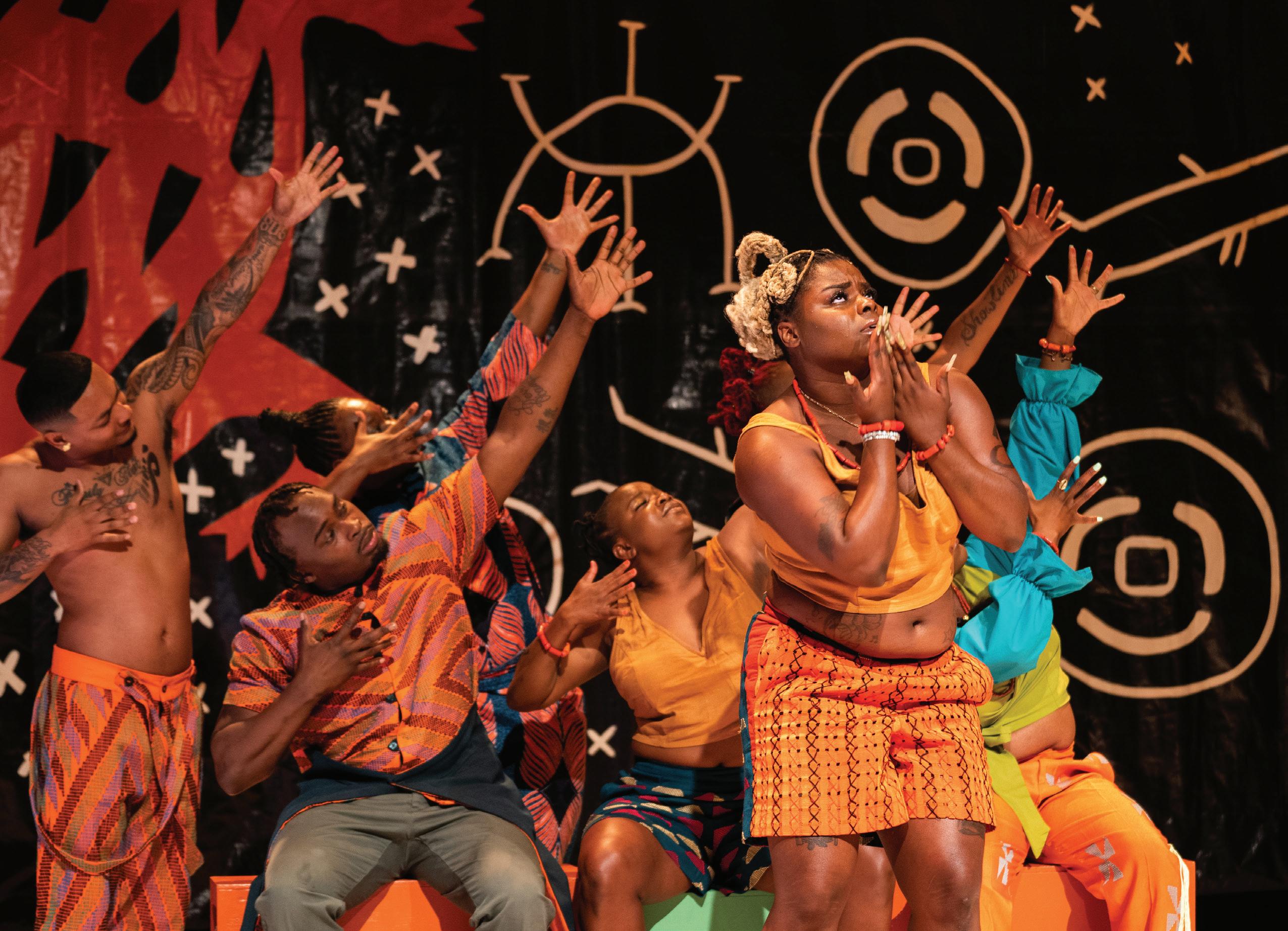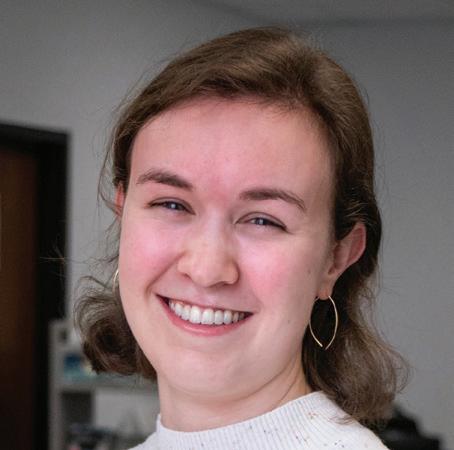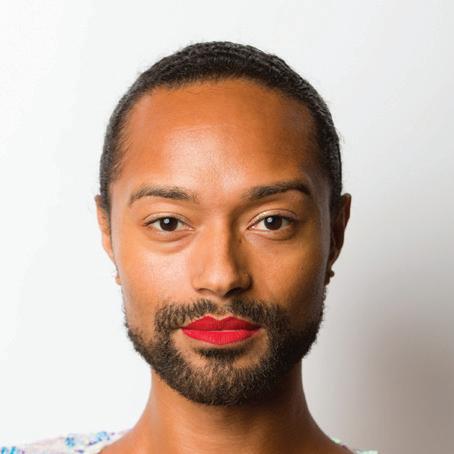
4 minute read
Equity
Through the lens of equity, Dance/USA strives to remove the boundaries erected by a legacy of racism, classism, ableism, ageism, homophobia, transphobia, sexism, gender bias, and xenophobia, and we work to dismantle institutional and systemic oppression that attack the dance field’s progress, impede the creation of work, and negatively impact dance audiences and communities.
Dance/USA has been on an intentional equity journey for over a decade beginning with a pivotal moment at the 2012 National Conference in San Francisco, California. In 2013, Dance/USA adopted an organizational statement and public commitment to equity, inclusion, and diversity, and Dance/USA’s 2018 Strategic Plan further articulated and a affirmed equity as a core value. Today, equity is a foundational element thoughtfully incorporated into the content and execution of all our core services and special initiatives.
We are so supremely grateful for this opportunity. It’s one thing to live the 30-year history of an organization — you are just in it, doing your thing day by day, year after year. But to stop and examine and contemplate the documentation of those 30 years: newspaper and magazine articles, reviews, flyers, program books, brochures, posters, set designs, photographs, videos, etc. is humbling and uplighting at the same time. To discover that there is a story there, and that this story is worth preserving and sharing, and that others see value in it is such a beautiful gift. Thank You!
— Pat Taylor, Founding Artistic Director, JazzAntiqua, 2023 Fellowship Host Organization
Archiving & Preservation Fellowship Program
Supported by the Mellon Foundation, Dance/USA’s Archiving & Preservation Fellowship Program addresses the urgent need for hands-on archiving assistance to smaller dance companies and independent artists and works to develop the next generation of dance archivists. This year, four Fellows were paired with professional mentors and assigned to projects centered around the theme of Archives as Stories; Stories as Resources.

Recent UCLA PhD graduate Blair Black worked to support increased access to L.A.’s dance and music ensemble JazzAntiqua, developing a foundation of systems and procedures that will allow this Black-led West Coast creative hub to continue processing and sharing their archival materials for years to come.

Bethany Greenho, freshly graduated with a Masters of Library and Information Science from the University of Maryland College Park, partnered with Denver-based Cleo Parker Robinson Dance to celebrate the 53-year-old company’s legacy and importance to the history of Black arts in America.

Hustle dance champion, educator, and community organizer Abdiel Jacobsen immersed themself in the 30-year history of Puerto Rican cultural hub Segunda Quimbamba Folkloric Center and their dance and percussion ensemble, 2Q, collecting and cataloging crowdsourced archival materials to help support SQFC’s long-term goal to be a resource for the study of authentic Bomba and Plena traditions.

Dance maker, performer, teacher, administrator, and writer Laila J. Franklin honored the interdisciplinary approach of Detroit-based choreographer, performance artist, and educator Jennifer Harge to develop an archival method to preserve and catalog Harge’s handwritten choreographic notes and citations and ultimately support Harge’s long-term goals to share her creative process and design blueprints or strategies that can be used by other queer, Black, multidisciplinary artists.
The Equity Project
Together with Dance Theatre of Harlem (DTH) and the International Association of Blacks in Dance (IABD), Dance/USA launched the 2023 cohort of The Equity Project: Increasing the Presence of Blacks in Ballet to support the advancement of racial equity in professional ballet companies. Working with Every Level Leadership to design a scalable model that could be replicated for future cohorts, the five ballet companies selected were invited to participate with full consideration given to their geographic location and regionality, leadership changes within the ecosystem, and a demonstrated commitment to racial equity:
Ballethnic, Atlanta, GA
Charlotte Ballet, Charlotte, NC
Dance Theatre of Harlem, Harlem, NY
Kansas City Ballet, Kansas City, MO
New York City Ballet, New York, NY


